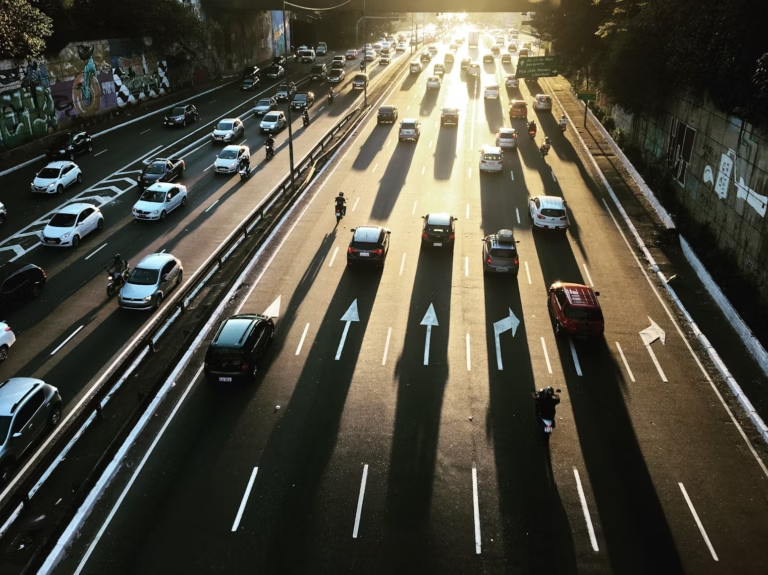By: Wesley Muller – Louisiana Illuminator
In their efforts to reduce auto insurance rates in Louisiana, state lawmakers advanced several bills Tuesday that seek to rein in personal injury lawsuits — including a measure to limit cases from car wreck victims who aren’t legal U.S. citizens.
House Bill 436, sponsored by Rep. Gabe Firment, R-Pollock, cleared the House Committee on Civil Law and Procedure without objection. It would prohibit “unauthorized aliens” — defined in the measure as individuals illegally in the United States under federal immigration law — from receiving general damages stemming from auto accidents. General damages include compensation for pain and suffering, but the proposal would still allow recovery for “special damages,” such as medical expenses and property damage.
Firment, an insurance consultant, said the purpose of his bill is to help address the state’s auto insurance crisis while discouraging illegal immigration.
Rep. Nicholas Muscarello, R-Hammond, questioned the constitutionality of the legislation, pointing out the state could be meddling in federal immigration law. Muscarello practices civil law and is the lead criminal prosecutor for two municipalities in Tangipahoa Parish.
“The Supreme Court said that we can’t enforce alien laws. That would be a federal position,” Muscarello said. “So it might be something we could look at because there might be some constitutional issues.”
Firment said his bill, which moves next to the House floor, is very narrowly focused and believes it would pass constitutional scrutiny.
Contingency fee limits
Another proposal, House Bill 439, sponsored by Rep. Troy Hebert, R-Lafayette, aims to limit the amount of money lawyers can make from lawsuits. It would limit contingency fees, the money a lawyer makes only if they win a case, to 10% on the first $15,000 in damages. Any amounts beyond that would not be regulated.
While presenting his bill to the committee, Hebert revealed his personal motivation for the proposal. He said his daughter was involved in a minor accident that he said resulted in almost no property damage. According to Hebert, the other driver voiced no complaints on the scene and was uninjured, yet she sued his insurer a year later. The driver sought injury damages totaling $15,000, the minimum bodily injury coverage required for auto insurance policies in Louisiana.
“Excuse my language, but I am pissed about this,” Hebert said.
Hebert, a real estate professional, said he tried to convince his insurer to fight the lawsuit, but ultimately it chose to pay $15,000 to settle the case.
Hebert said a limit on legal fees would discourage lawyers from pushing to get quick settlements from insurance companies, but his proposal raised concerns with some lawmakers.
Rep. Ed Larvadain, D-Alexandria, who is a lawyer, said auto injury cases take more work than just mailing out demand letters to insurance companies. Personal injury attorneys have to interview witnesses, consult with doctors and schedule property damage adjusters, he said.
Rep. Lauren Ventrella, R-Greenwell Springs, is also an attorney who handles auto accident claims. She said she doesn’t like the idea of the government fixing the prices of goods and services, though she ultimately voted in favor of Hebert’s bill.
“My concern is this is an overstep with regards to free market economy,” Ventrella said.
The measure cleared the committee in a 10-2 vote along party lines with Larvadain and Rep. Sylvia Taylor, D-LaPlace, who is a retired judge, opposed to the bill.
Proposed damages cap
The committee also gave its approval to a proposal that puts a ceiling on lawsuit damages in all personal injury cases, including auto accidents.
House Bill 435, sponsored by Rep. Peter Egan, R-Covington, advanced in a 10-2 vote with the same two Democrats opposed. Egan owns a health care company.
Egan’s bill would cap general damage awards at $5 million, but it is unlikely to have much impact on auto insurance rates. Muscarello pointed out that $5 million is already the maximum payout on commercial auto policies in Louisiana. Insurance companies currently don’t pay any more than that regardless of how much a jury awards a plaintiff, he said.
“I’m trying to lower rates in Louisiana,” Muscarello said. “I don’t know if this is the bill that does it.”
Lawmakers heard testimony in support of Egan’s bill from Mark Younger, who runs a produce farm in Addis. Younger said his farm was sued after one of his drivers was involved in a minor fender bender with no apparent injuries. His insurance costs became so high that he now uses an out-of-state trucking company, which Younger said pays lower insurance premiums, to deliver his products.
He likened the insurance crisis to an organized crime shakedown with insurance companies on one side and trial lawyers on the other, squeezing people out of every last dollar.
“It’s like we’re hiring one wing of the mafia to protect us from another wing of the mafia — the Louisiana State Bar,” Younger said.

